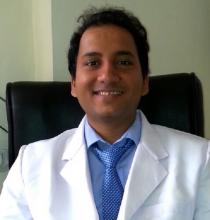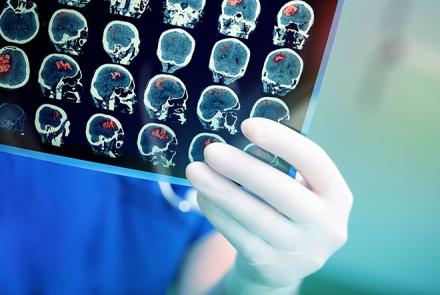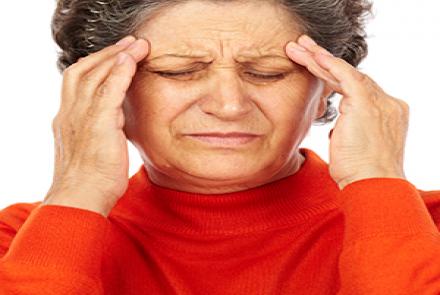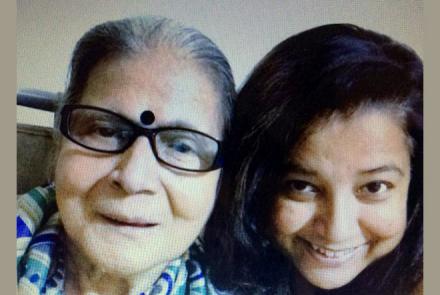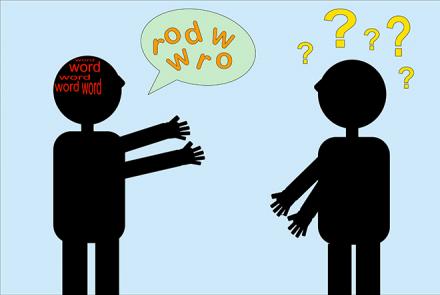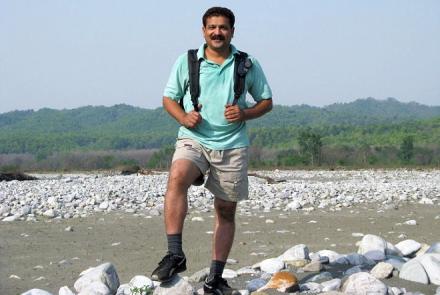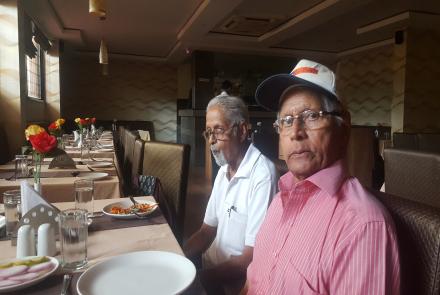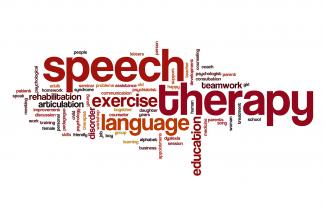
Speech impairment affects nearly 70% of stroke patients. Dr Kaustubh Mahajan, Consultant Neurophysician, details some of the best and simplest speech exercises to help regain ability to communicate.
Stroke is one of the leading causes of morbidity and mortality. Strokes can lead to muscle weakness/paralysis, imbalance without any weakness, cognitive issues, issues with speech and even death. But with better treatments most patients are surviving from otherwise life threatening strokes.
After a stroke, many survivors go through rehabilitation services. The limb weakness and balance defects can be taken care of with proper physiotherapy.
However, speech problems may be neglected, and a stroke survivor has often difficulty in communication. This results in increasing their frustration which, if continues, can lead to post-stroke depression. Then we are not surprised to see these patients with even though now having improved physical power in muscles their motor disability keeps worsening due what we call as pseudo weakness. Now most speech disturbances mild to moderate can be easily and significantly corrected with simple speech exercises.
Brain reorganization
The amazing thing about our brains is neuroplasticity which means the ability of our brains to learn new functions so even if a part of brain is damaged due to stroke the surrounding normal or unaffected cells in brain can learn a new function provided it is retrained appropriately. Like any specialized tissue in our body the ability to regenerate to new is absent in brain neurons unlike muscle or skin cells, but neuroplasticity gives hope and turns the picture
Speech disability
Speech disability can be broadly divided into –
- Dysarthria - difficulty in articulation due to weakening of muscles in our face, lips, tongue, and throat, as well as muscles for breathing. Dysarthria happens when you have weak muscles due to brain damage.
- Aphasia - difficulty in language. It can affect your ability to speak, write and understand language, both verbal and written. So persons with aphasia perform significantly better in naming things while attempting to draw a picture than while attempting to write.
Speech impairment is very common among stroke patients, in tune of more than 70% of all patients presenting stroke. In fact, the simple score/ pneumonic meant to identify a stroke, for layman i.e. FAST Pneumonic includes speech.
FAST implies –
Facial Dropping
Arm Drift/weakness
Speech affected
Time to Act
Speech affects in different ways depending on the individuals.
- Speech is slurred to varying degrees.
- Speech can be fluent but filled with irrelevance and jargon words. They’ve difficulty in understanding spoken speech (sensory)
- They understand but are not able to express- have words finding issues
- There can be problems in repetition.
There are speech therapy exercises for patients to normalize speech from stroke. Listed below are the best and simplest exercises of the lot. The issues in speech are – difficulty in forming words, saying words properly or forming proper grammatical sentences.
Speech and communication don’t start and stop with saying words, it involves understanding what words to stay, how to say them, when to breathe and how to form full sentences. Stroke patients with speech impairment can greatly benefit from speech therapy exercises. It helps them relearn how to breathe properly during speech, and how to make sounds.
If some speech production is possible patients should be encouraged to talk and talk, they should be told to strike a conversation with themselves, pets and even house plants. The more use of words, the more reinforced they become in brain active conversation. Two way participation is even better.
Speech exercises:
- Tongue exercises: Articulation of words is difficult for most stroke patients. Simple tongue stretching and strengthening exercises will strengthen it and make it easier for stroke patients to make proper rounds to form words. It also helps in strengthening the neural pathways of speech, which patients lose after having a stroke.
- Simply sticking the tongue in and out for few seconds ( To be done multiple times)
- Tongue movements- side to side
- Practice touching the tongue to specific points in mouth – like counting teeth from backwards to front- will improve co-ordination.
- Breathing exercises: Patients have trouble regulating breathing while speaking, making it difficult to speak at length and to be understood by listener.
- Practice planning out the breaths will take while speaking. Repeat these sentences and breaths to yourself to master it. This will help to relearn how to construct sentences and breathe properly during speech.
- Practicing Speech Sounds: For many patients, doing the right sounds and the right words is difficult. Focused practice on specific sounds and words can be helpful.
- Practice repeating similar sounds like – Ah, Ay, At, Aha
- Naming pictures: Naming is usually the last to recover. So it’s better to start practicing early. Look at the pictures and practice saying the words, the pictures depict.
- Sentence practice: Single word formation is easier than forming sentences, so this exercise should be coupled with naming pictures. Try and construct sentence based on pictures. The more you practice, the more you’ll be able to link speech to communication, post stroke.
- Technology – Touch Type Read and Spell (TTRS). This multisensory typing program is an excellent tool for stroke patients to reestablish language in the brain and counter the effects of aphasia and dysarthria. There is even one hand version for patients with partial paralysis.
Note: Patients with aphasia will have difficulty in writing even with the unaffected hand as writing and reading are part of language functions which are affected in aphasia.
Technology can be also used by trying electronic flash cards which can be put in a space repetition program that helps u practice the ones which get wrong more often
(Dr Kaustubh Mahajan is Consultant Neurophysician at Hinduja Hospital Khar.)
